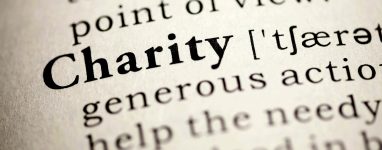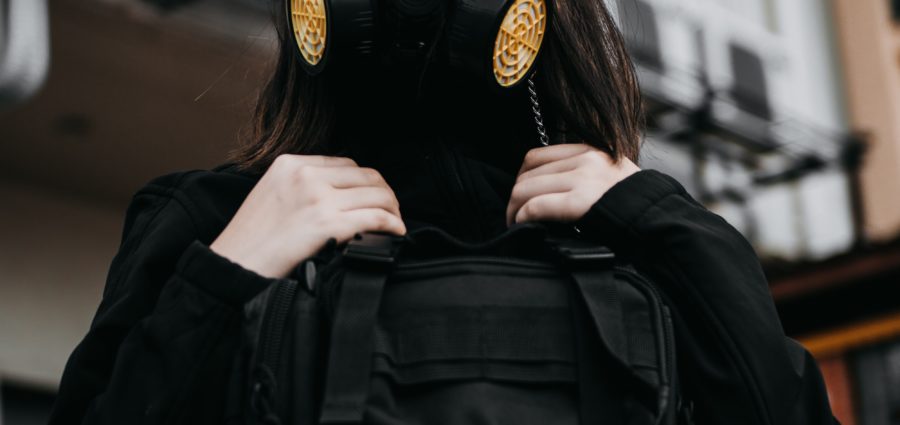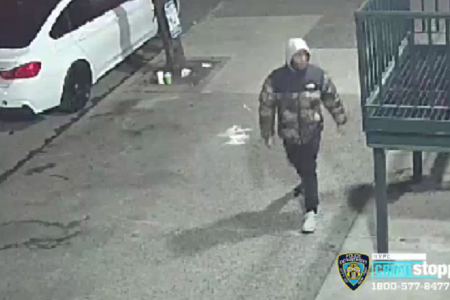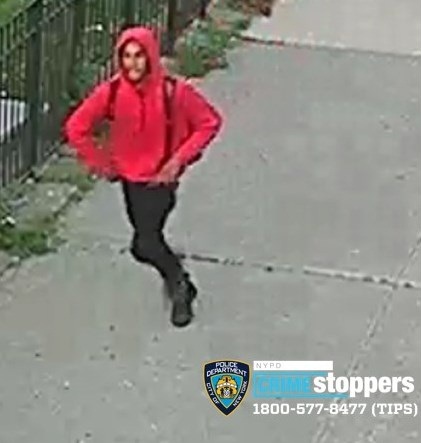Department of Consumer and Worker Protection (DCWP) Commissioner Lorelei Salas today announced that the Agency has promulgated an emergency Rule under the City’s Consumer Protection Law that makes price gouging illegal for any personal or household good or any service that is needed to prevent or limit the spread of or treat new coronavirus (CoViD-19). The Rule (NYC Administrative Code 20-701(b)) is in effect and makes it illegal to increase prices by 10 percent or more. The Rule follows DCWP’s previous declaration that face masks, hand sanitizer, and disinfectant wipes are in short supply and expands the Agency’s ability to protect New Yorkers from price gouging.
“Now is the time for us to come together, not take advantage of each other for a profit but we continue to hear about and see empty shelves and price gouging,” said DCWP Commissioner Lorelei Salas. “We are using every tool in our toolbox to protect New Yorkers from price gouging during this public health emergency and I encourage consumers to file a complaint if they are overcharged. I also remind New Yorkers about their right to sick leave and encourage employers to let employees use additional sick leave if necessary so they can take care of themselves and not get coworkers or customers sick.”
In addition to complaints about face masks, hand sanitizer, and disinfectant wipes, DCWP has received complaints about items in short supply and price gouging for various items and has observed numerous items in short supply and being sold well above regular market prices. The new Rule is in effect (March 16, 2020) and, under the city’s emergency rulemaking process, will be valid for 60 days. The Rule can be extended once for an additional 60 days.
DCWP is actively inspecting stores based on consumer complaints. Businesses found to be overcharging consumers 10 percent or more than before CoViD-19 will be issued a violation. The Rule covers any personal or household good or service—such as disinfectants, soap, and cleaning products, diagnostic products and services, medicines, and tissues—that is needed to prevent or limit the spread of or treat CoViD-19. The fine for price gouging is up to $500 per item or service. If businesses are paying more to supply these items, they must provide proof to DCWP.
On March 5, the Commissioner declared face masks in short supply and that declaration was extended with the addition of hand sanitizer and disinfectant wipes on March 10. The declarations were made under the Rules of the City of New York (6 RCNY §5-38), which allows the commissioner to declare certain items temporarily in short supply for 30 days during extraordinary circumstances.
DCWP has received more than 1,000 complaints about price gouging since the first declaration on March 5. DCWP has also issued more than 550 violations for price gouging for the three items that had been declared temporarily in short supply. DCWP encourages consumers who are overcharged to file a complaint at nyc.gov/dcwp or by contacting 311 and saying “overcharge.” Consumers who believe they were victimized by price gouging should keep their receipts and any information about the store where the transaction occurred, and file a complaint with DCWP. If the price gouging occurred while the declaration was in effect, or after the new rule was enacted, DCWP can still prosecute the illegal activity.
DCWP also reminds New Yorkers that they have the right to sick leave and should use it if they are feeling ill. Under the NYC Paid Safe and Sick Leave Law, employers with five or more employees who work more than 80 hours per calendar year in New York City must provide paid safe and sick leave to employees. Employers with fewer than five employees must provide unpaid safe and sick leave. Covered employees have the right to use safe and sick leave for the care and treatment of themselves or a family member. Employers may not engage in or threaten retaliation against employees, which includes firing and any act that punishes an employee for or is likely to deter an employee from exercising their rights under the Law. Employers and employees can visit nyc.gov/workers or call 311 (212-NEW-YORK outside NYC) for more information. We also encourage employers to let employees use additional sick leave if necessary so they can take care of themselves and do not get coworkers or consumers sick. Small Business Services provides guidance for Assistance & Guidance for Businesses Impacted Due to Novel Coronavirus, including small business relief.
About Department of Consumer and Worker Protection
NYC Department of Consumer and Worker Protection (DCWP) protects and enhances the daily economic lives of New Yorkers to create thriving communities. DCWP licenses more than 75,000 businesses in more than 50 industries and enforces key consumer protection, licensing, and workplace laws that apply to countless more. By supporting businesses through equitable enforcement and access to resources and, by helping to resolve complaints, DCWP protects the marketplace from predatory practices and strives to create a culture of compliance. Through its community outreach and the work of its offices of Financial Empowerment and Labor Policy & Standards, DCWP empowers consumers and working families by providing the tools and resources they need to be educated consumers and to achieve financial health and work-life balance. DCWP also conducts research and advocates for public policy that furthers its work to support New York City’s communities.
For more information about DCWP and its work, please call 311 or visit DCWP at nyc.gov/dcwp or on its social media sites Twitter, Facebook, Instagram and YouTube.








